After twenty years of silence, Winston Groom published his new novel in 2016. El Paso is a mixture of fiction and history; it’s the story of Arthur, a family man who tries to save his children from the bloody Pancho Villa. Winston Groom worked as a journalist, served in Vietnam, and as a writer he won several awards and published more than twenty books – among them, Forrest Gump. We asked the 73-year-old American writer about El Paso, about the fight of good and bad in history, and about the film version of Forrest Gump.
– Before El Paso, you published your last novel in 1998. For almost 20 years, you wrote only non-fiction and historical books. What is the reason you haven’t written a novel so far?
After Forrest Gump it occurred to me that so many American novelists are very lucky to have written one or two successful books, but then they continue to write until they run out of good ideas, but they keep on writing fiction because e they don’t know anything else to do.. There are of course exceptions, but I think of Scott Fitzgerald, and Thomas Wolf, who ran out of ideas, and then their public got down on them, and their publishers got down on them, and the critics got down on them, and the wound up drinking themselves to death, or Earnest Hemingway, who blew his brains out. That was not a path I wanted to go down, so I started writing history, and have become quite successful at it. I like it for one reason that when you start there is always a beginning and a middle and an end, whereas in fiction it is just a piece of blank paper staring way you,.
But in the case of El Paso, It was different. I ultimately saw the story and wanted to tell it and got up each day anxious to write it. That is the secret I think–Really wanting to write it every day/ The story lived brilliant in my mind.
– The Forrest Gump book made you famous all over the world. What did you think, when you realized your story will appear int he movies? What do you think about the movie? When did you last see it?
I Saw the move when it came out first in 1992 I think, and not again until my daughter==who had heard from school friends that I had written the book about this thing–asked to see it. That was about ten years ago when I last saw it. It is strange the first time to watch your work on the screen. This was not my first time at it. As Summers Die was Bettie Davis’s last move and there are others. But Its still strange to see your words roll off the tongues of actors, but after a few minutes, I just sat back and enjoyed the movie, which was quite good.
You recommend your book El Paso for 18 year old doughter. What did she say after reading it?
Actually I dedicated El Paso to Carolina. my daughter, who is a freshman at the University of Alabama and has her hands full with course and all the reading she can handle so that “pleasure reading” is something she might do over the Christmas holidays.” But I can say she was truly glad and touched when I gave her the book.
You write – in your prologue of your book El Paso – that history is about heroes and bad guys. What is the point for you in the fight of the good and the bad?
As in all of history, all of the good guys do not win all the time, nor do all the bad guys,. What we hope for is that the good guys win more than the bad guys.
– Edwin Morgan’s stories gave you the idea for writing El Paso. What did you like best in Eddie’s short stories?
Eddy’s stories provided a framework of real, true tales from that period and place, and they struck me as being an exotic and interesting part of American history. But a collection of stories is not a novel. I have to invent the characters who people the story and make them seem real, and interesting, and important.
– The most memorable character of El Paso is the hero of the Mexican revolution Pancho Villa who is a very controversial personality. What do you think of him as a historian and as a writer?
Pancho Villa was a man of harsh contradictions. On the one hand he was an idealist who, like Hitler, rose to believe he was destined to guide his people to a better life. One the other hand he was a merciless killer and practicing sadist. I hope I have captured both of these personalities in El Paso.
– We get to know a lot of bad guys and heroes too in your book El Paso. During writing the book which character did you sympathize with? Is there a character who is connected to your personality?
No one connected to me personally but I sympathized most I guess with Arthur who was ill-equipped for his role as a trail-riding cowboy leading a band of hard men against Pancho Villa, and desperate about the safety of his two kidnapped children. He faces a great challenge and meets it well.
Whose opinion is the most important for you? Do you ask for somebody’s opinion while writing?
No not anymore. It is my book, and I am responsible for it.
– You served in Vietnam. You worked as a journalist. You published 20 books and you got a lot of prizes. If you had to choose the best work of your life which one would it be?
It as if you had 20 children. Which would be your favorite? I can only answer that each is special in its own way. One, maybe , because it is your first; another because it made you a lot of money, and so on, but I can’t say any one is better than the others. I love to write. Its been a great ride.
Interview and translation: Zsolt Várkonyi

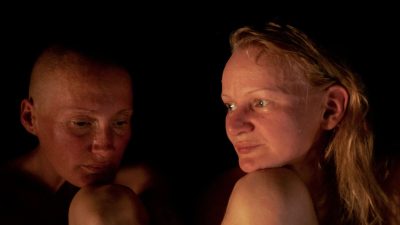


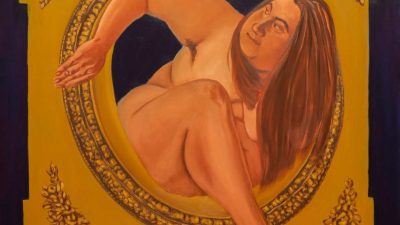
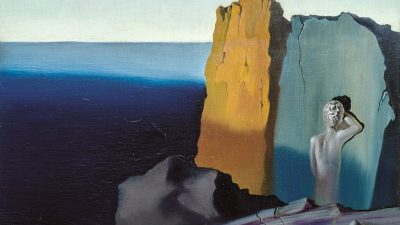



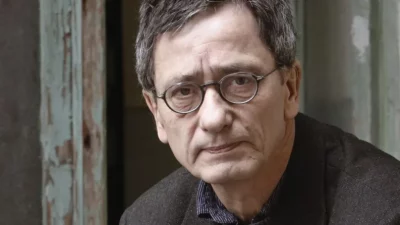







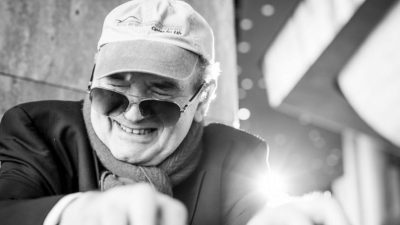


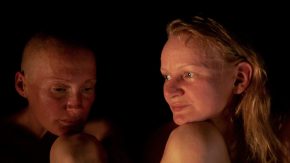




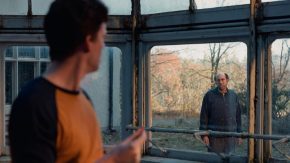
Comments